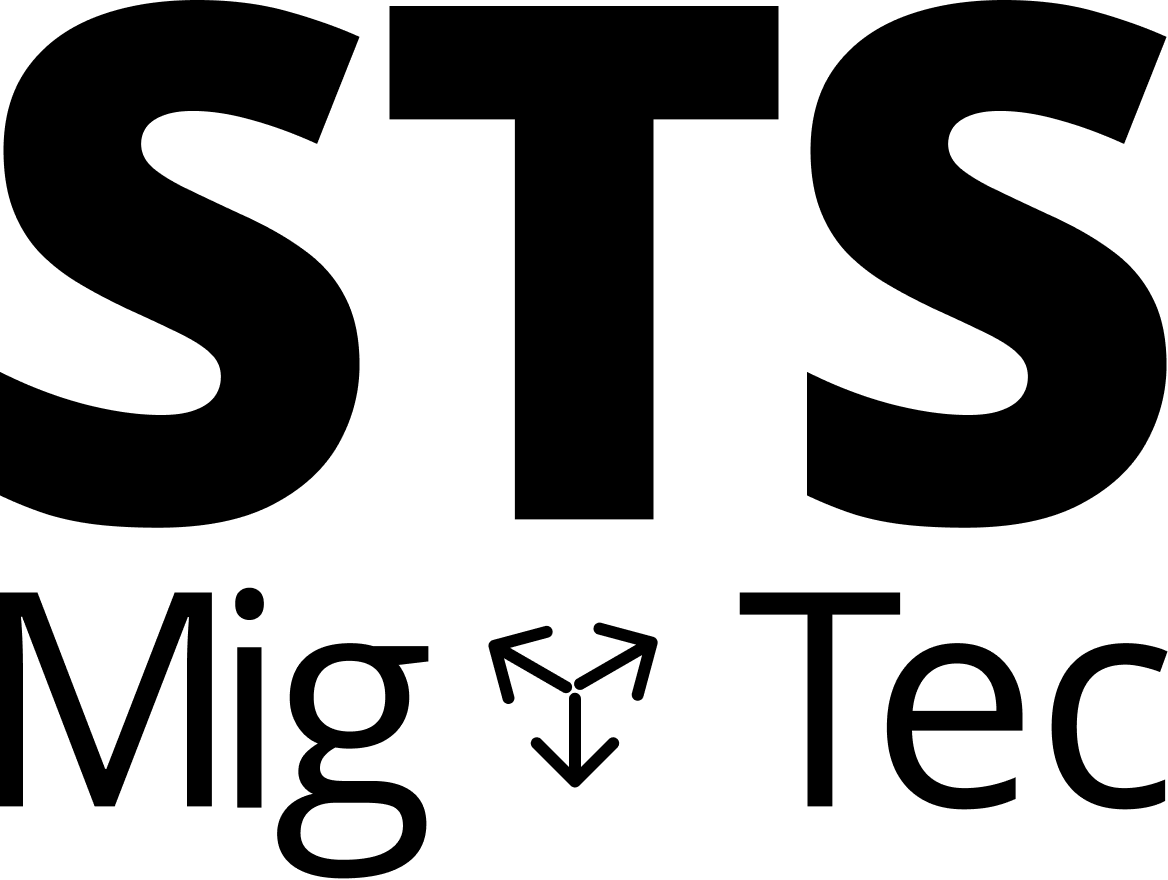Online with Samuel Singler, Lecturer in Criminology in the Department of Sociology and Criminology, University of Essex.
This paper adds an ideological dimension to the burgeoning literature examining how new digital tools developed by private technology companies are reshaping the relationship between border control and criminal justice. By analyzing private technology companies’ promotional materials, public events, presentations to state actors, and technical documentation in the African contexts, I address the question: what is the role of private technology companies in constructing future visions of border control, and to what extent do these future visions involve a merging of border control with criminal justice practices in Africa?
Although references to a biometric ‘imaginary’ or ‘ideal’ are quickly becoming commonplace in the critical literature on digital border controls, researchers have spent less time inquiring into where such imaginaries come from, and which actors create and shape these visions of the future. I argue that these companies can be productively conceptualized as ‘surveillance evangelists’ akin to the ‘moral entrepreneurs’ familiar to critical criminologists. The notion of surveillance evangelism explains how technical actors deal with the potential dissonance between utopian visions of a future biometric world on one hand, and the reality of technical failures, messy practices, and political challenges to these technologies on the other hand. Moreover, the term highlights how these companies do not only attempt to convince potential customers of the desirability of their already existing products. As evangelists, these companies also attempt to convert public authorities into believers of a particular biometric future by pre-empting potential challenges and closing off alternative visions of future surveillance practices.
Sign up for this online event using the form here: https://forms.gle/dtC1oxJG3hxB1KD17
